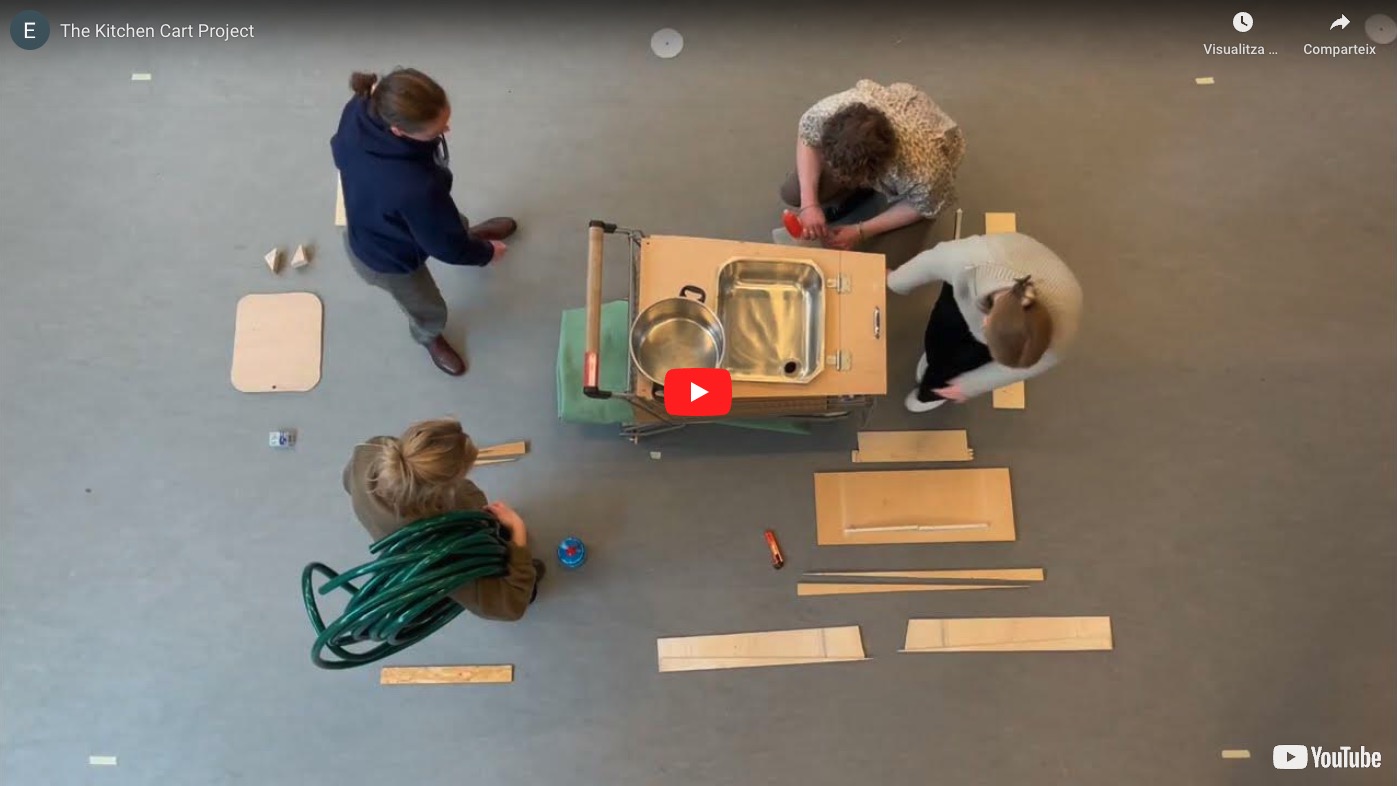Three Challenges: Ceebu Jeen
Soup kitchen. Redefinition of soup kitchens based on making sovereignties visible, starting with food sovereignty.
In the ‘manteros’ workshop in Can Batlló, when it’s time for lunch, everyone stops their activity and gathers to eat together. While they were working, someone cooked food for everyone. These meals, which are an expression of the collective, guarantee a healthy and nutritious meal that for some will be the only one of the day.
The street vendor community has long thought about moving this practice to an open establishment, one that is neighborhood-based and replicable. A place that everyone can access, enabling whatever exchange practices necessary, producing a rich cuisine, and using local products.
A practice that values, in a cultural, social and sustainable sense, a model of cuisine that not too long ago we carried out at our workplaces and that we have been slowly replacing in favor of a daily special. Restaurants that offer extensive menus, often out of season and from distant places. As if it were a right. The other predominant option is pre-cooked meals or our brown bag lunches, individualized meals that make evident how ineffective our habits are and how little they think about community.Starting here and with the ‘manteros’ experience, can we rethink the community aspect of food? Can we imagine collective kitchens managed by the communities themselves? Can we imagine soup kitchens that don’t stigmatize? Sharing could once again be appealing.
Phase 0 and Phase 1 are a compilation of the results obtained during the workshop in Barcelona, specifically, the Ceebu Jeen challenge, where all the schools met for five days (30/01/23-03/02/23) to work together.
The following phases correspond to the results obtained by each school back in its seats, adapting the work dynamics to their teaching plans.
Phase 0
Phase 1
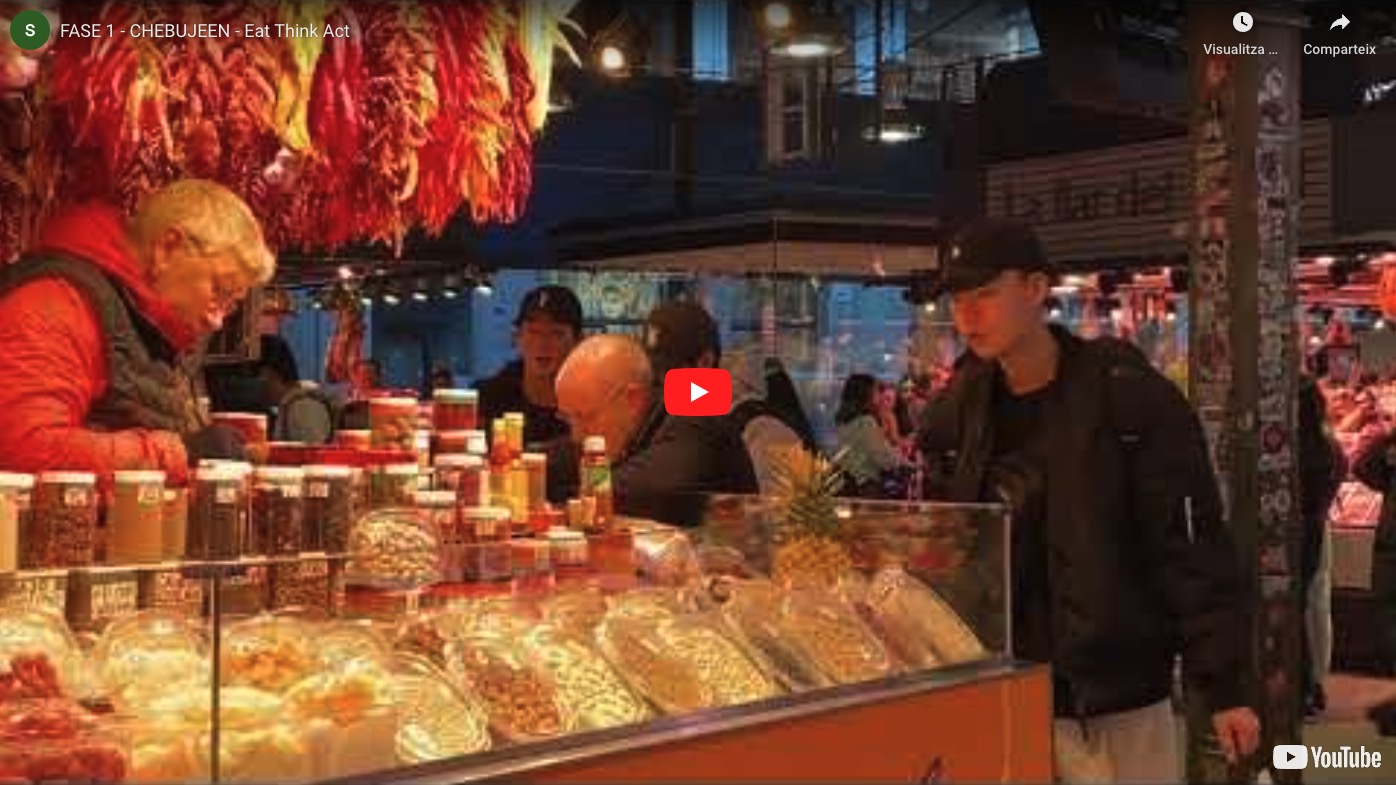
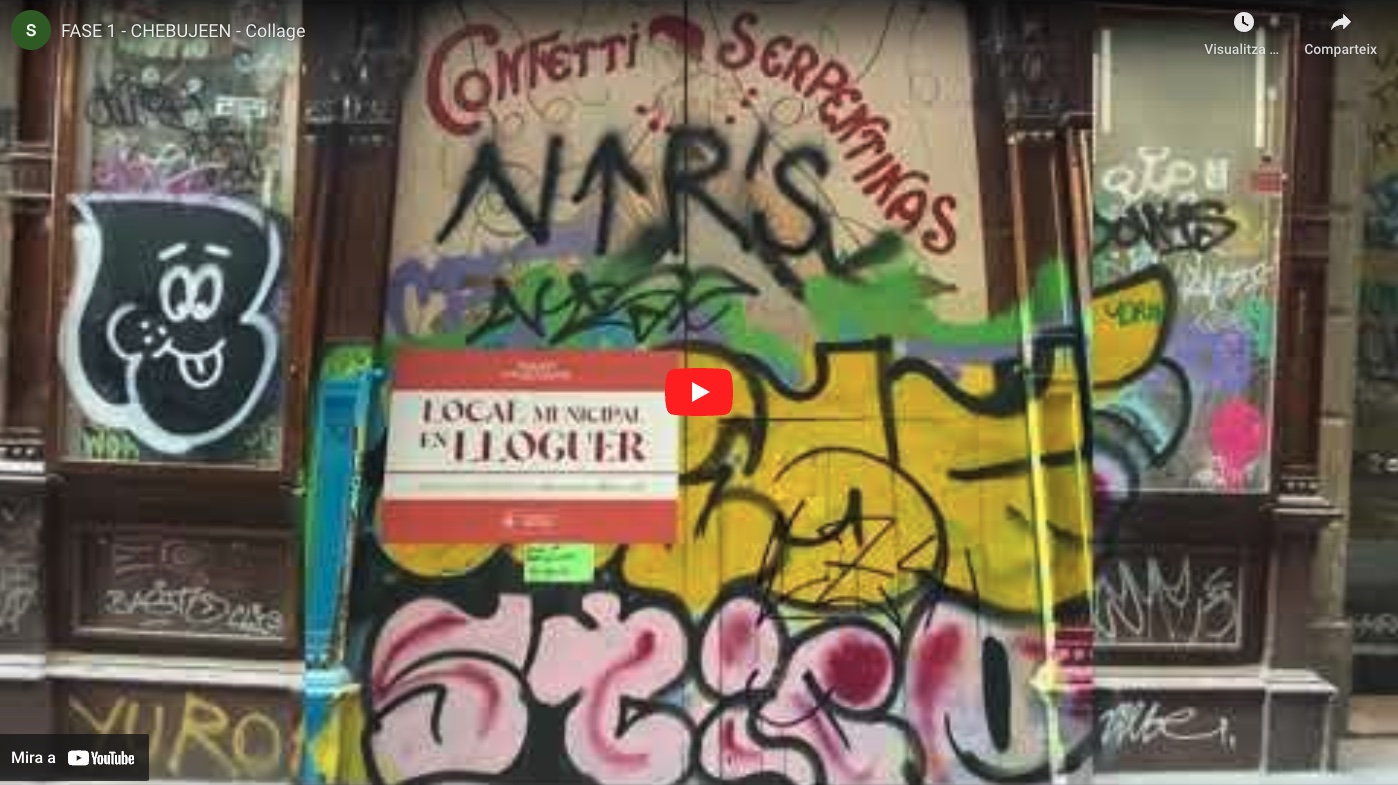
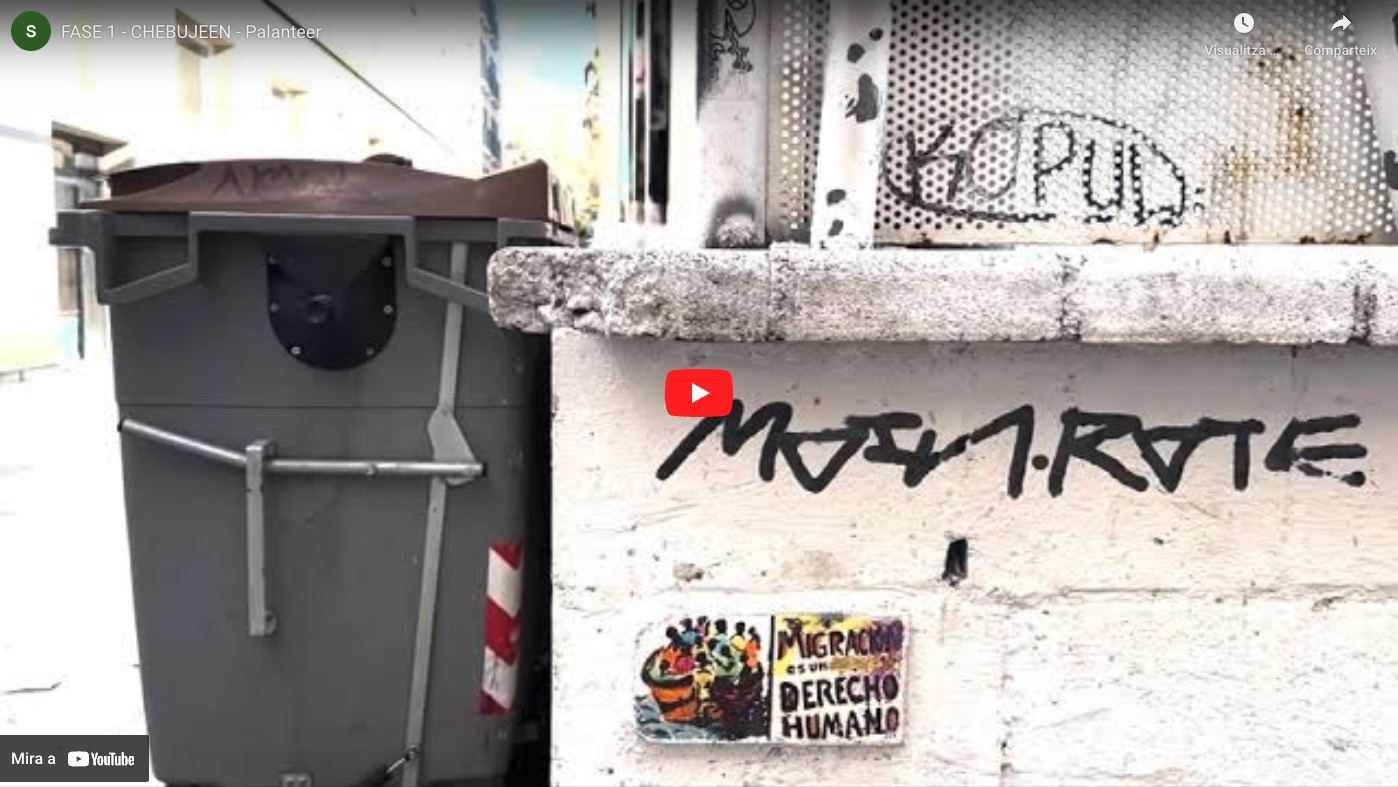
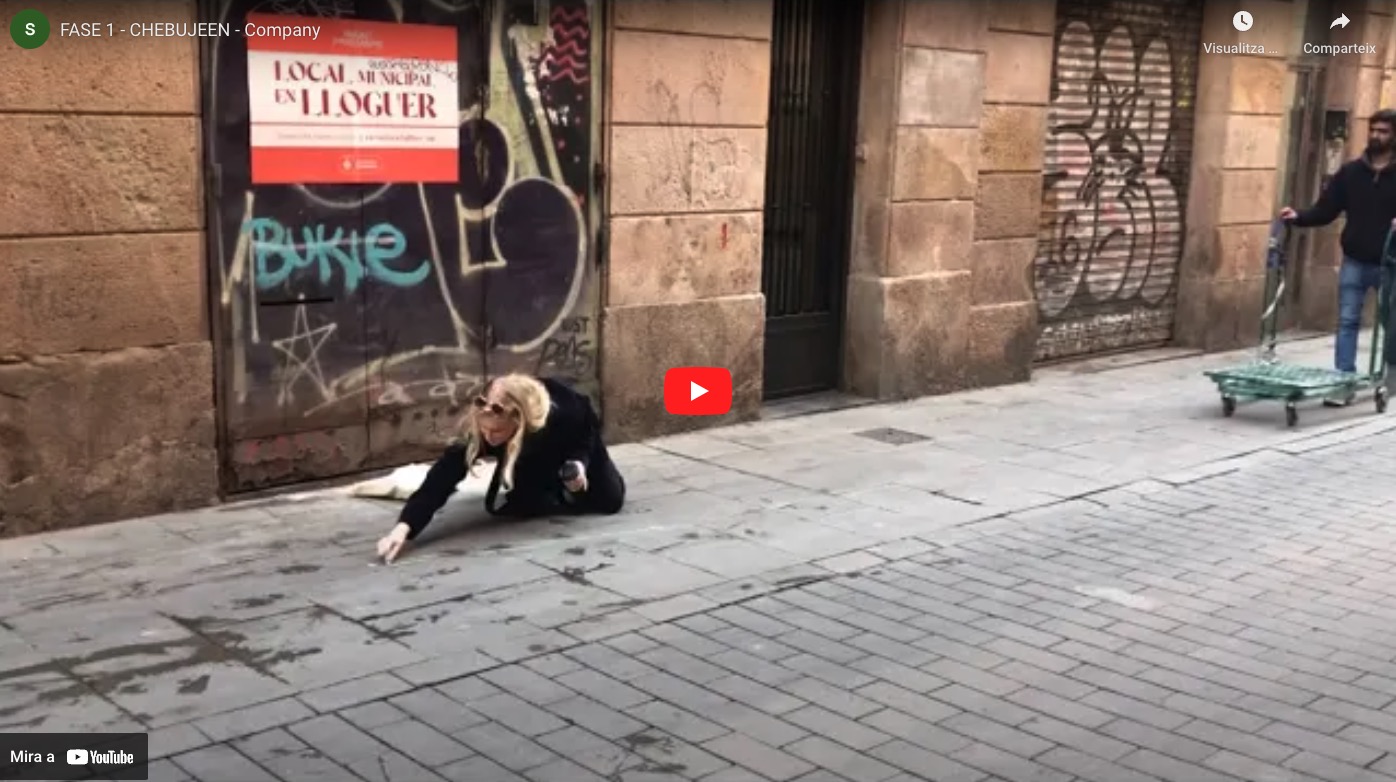
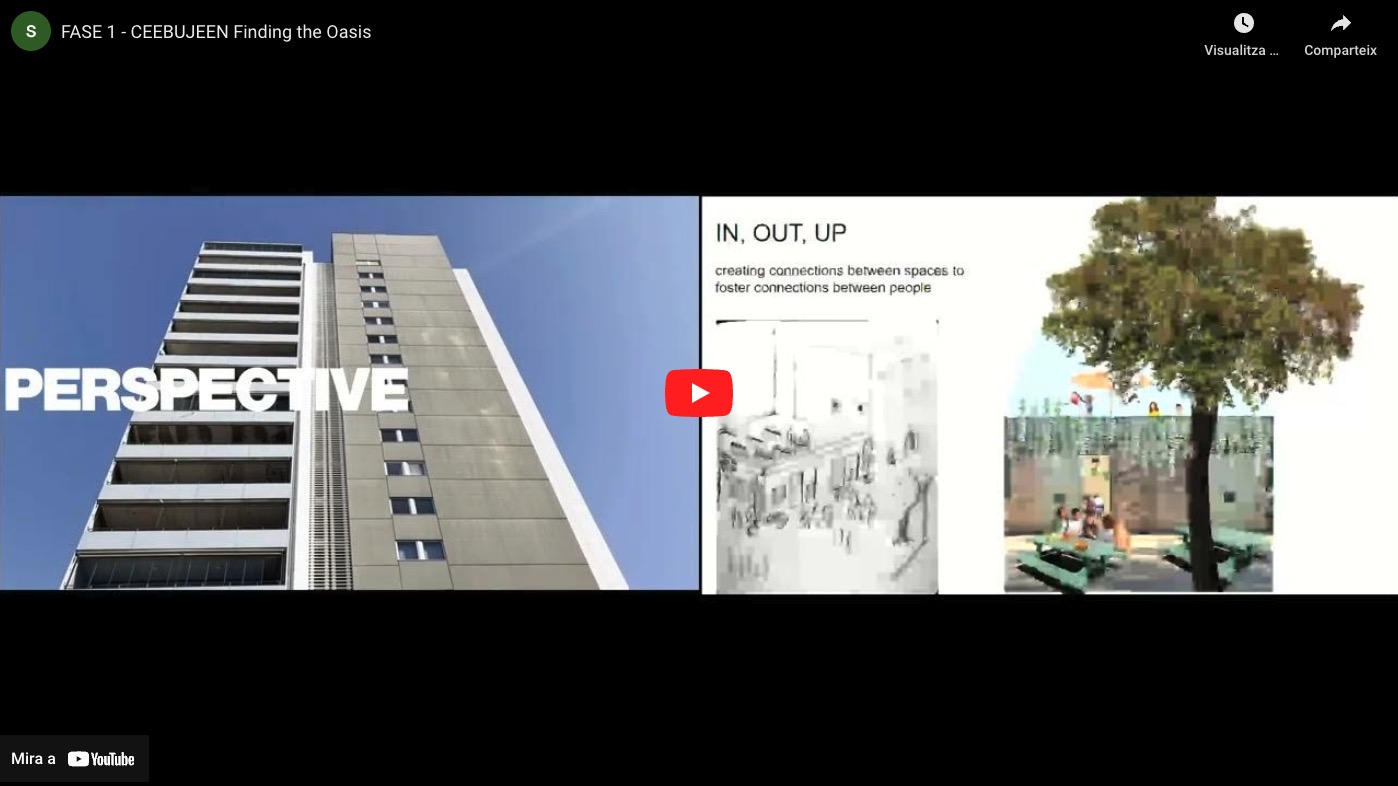
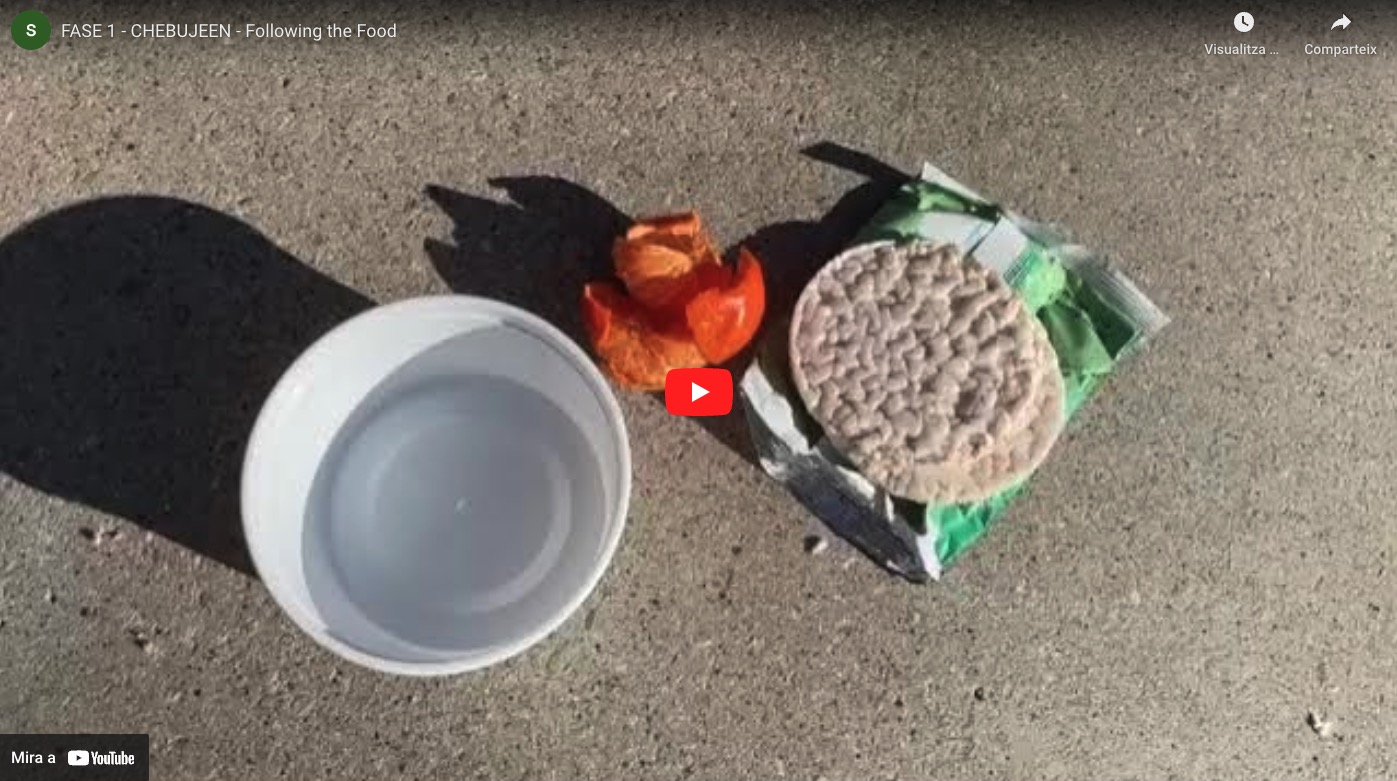
Phase 2
